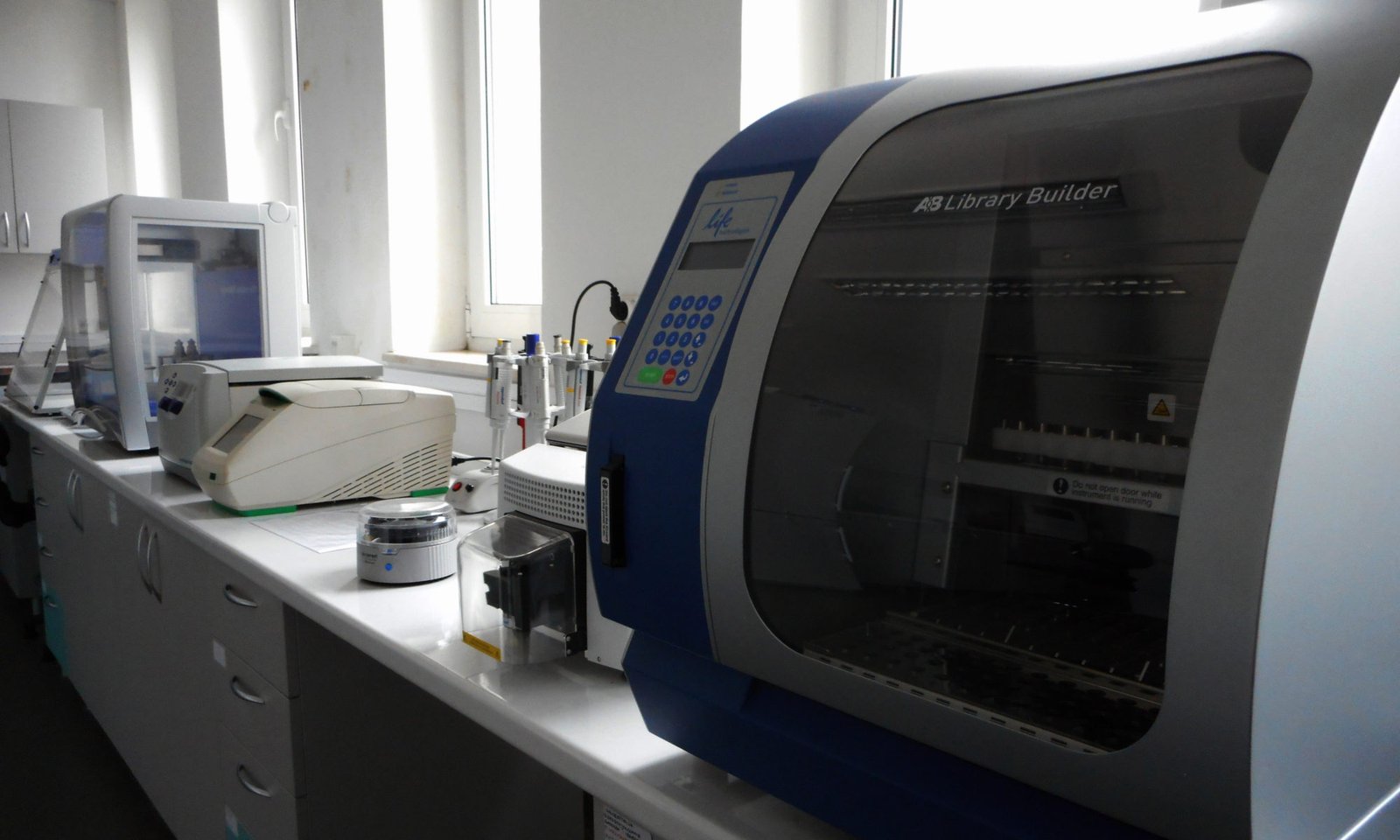Abstract
Background & Aims: Altered interactions between the mucosal immune system and intestinal microbiota contribute to pathogenesis of inflammatory bowel diseases (IBD). It is not clear how inhibitors of cytokines, such as antagonists of tumor necrosis factor (anti-TNF), affect the intestinal microbiome. We investigated the effects of anti-TNF agents on gut microbe community structure and function in a longitudinal 2-step study of patients with IBD. We correlated our findings with outcomes of treatment and investigated patterns of metabolites in fecal samples before and after anti-TNF therapy.
Methods: We performed a prospective study of 2 cohorts of patients in Germany; the discovery cohort comprised 12 patients with IBD, 17 patients with rheumatic disease, and 19 healthy individuals (controls); fecal samples were collected at baseline and 2, 6, and 30 weeks after induction of anti-TNF therapy. The validation cohort comprised 23 patients with IBD treated with anti-TNF or vedolizumab (anti-α4β7 integrin) and 99 healthy controls; fecal samples were collected at baseline and at weeks 2, 6, and 14. Fecal microbiota were analyzed by V3–V4 16S rRNA gene amplicon sequencing. Clinical response and remission were determined by clinical disease activity scores. Metabolic network reconstruction and associated fecal metabolite level inference was performed in silico using the AGORA resource. Metabolomic analyses of fecal samples from a subset of patients were performed to validate metabolites associated with treatment outcomes.
Results: Anti-TNF therapy shifted the diversity of fecal microbiota in patients with IBD, but not with rheumatic disease, toward that of controls. Across timepoints, diversity indices did not vary significantly between patients with IBD who did or did not achieve clinical remission after therapy. In contrast, in silico modeling of metabolic interactions between gut microbes found metabolite exchange to be significantly reduced at baseline in fecal samples from patients with IBD and to be associated with later clinical remission. Predicted levels of butyrate and substrates involved in butyrate synthesis (ethanol or acetaldehyde) were significantly associated with clinical remission following anti-TNF therapy, verified by fecal metabolomic analyses.
Conclusions: Metabolic network reconstruction and assessment of metabolic profiles of fecal samples might be used to identify patients with IBD likely to achieve clinical remission following anti-TNF therapy and increase our understanding of the heterogeneity of IBD.
Reference:
Aden K, Rehman A, Waschina S, Pan WH, Walker A, Lucio M, Nunez AM, Bharti R, Zimmerman J, Bethge J, Schulte B, Schulte D, Franke A, Nikolaus S, Schroeder JO, Vandeputte D, Raes J, Szymczak S, Waetzig GH, Zeuner R, Schmitt-Kopplin P, Kaleta C, Schreiber S, Rosenstiel P. Metabolic Functions of Gut Microbes Associate With Efficacy of Tumor Necrosis Factor Antagonists in Patients with Inflammatory Bowel Diseases. Gastroenterology. 2019 Jul 18. pii: S0016-5085(19)41118-9. doi: 10.1053/j.gastro.2019.07.025. [Epub ahead of print] PubMed PMID: 31326413.
Keywords: metabolic functions, gut microbes, efficacy of tumor necrosis factor antagonists, patients with inflammatory bowel diseases, Crohn’s disease, ulcerative colitis, inflammation, short-chain fatty acid, IBD, clinical trials, clinical studies, metabolomics, butyrate synthesis, vedolizumab, anti-TNF therapy, prospective study, intestinal microbiome, anti-TNF, mucosal immune system, intestinal microbiota.
Join for free INPST as a member
The International Natural Product Sciences Taskforce (INPST) maintains up-to-date lists with conferences, grants and funding opportunities, jobs and open positions, and journal special issues with relevance for the area of phytochemistry and food chemistry, pharmacology, pharmacognosy research, and natural product science.

























